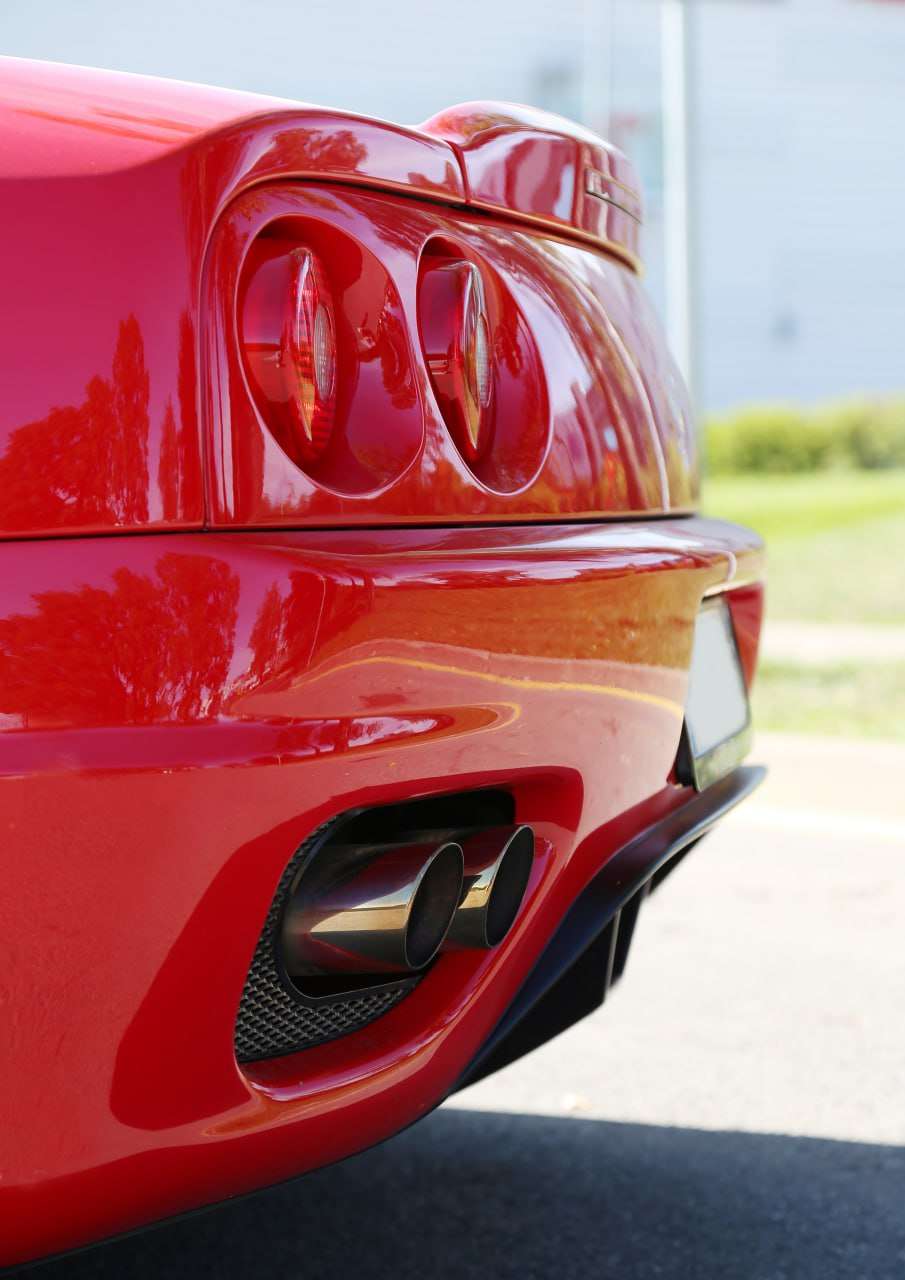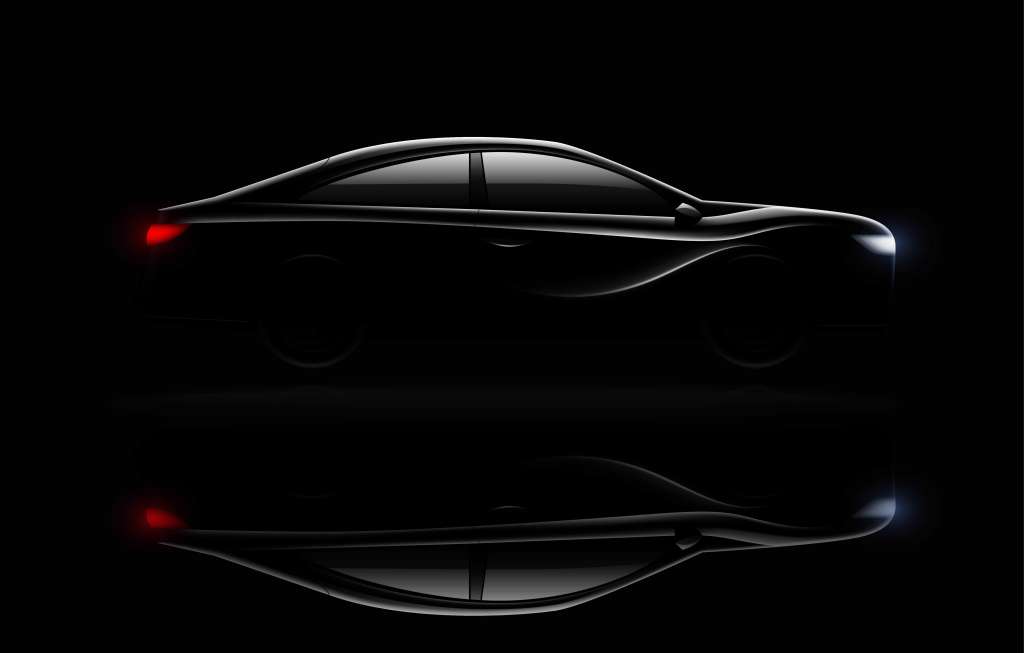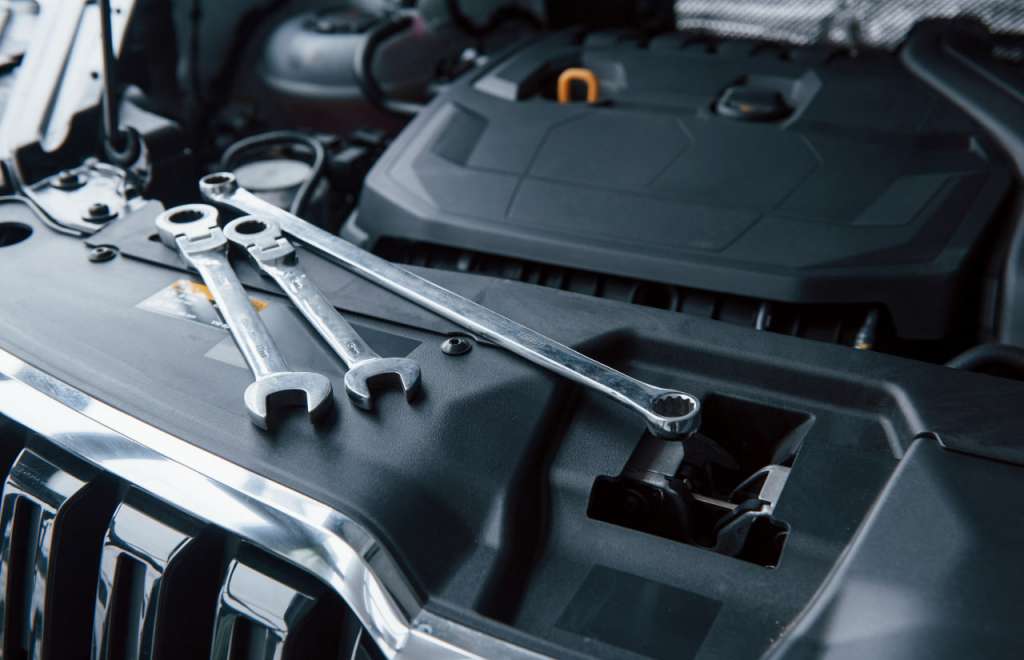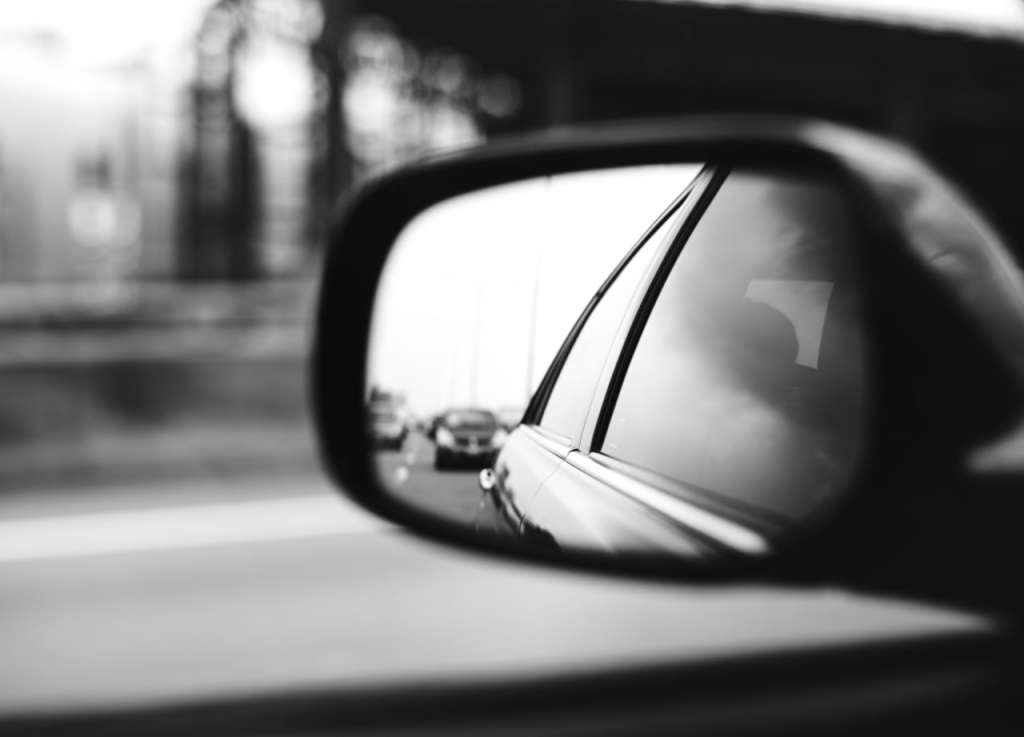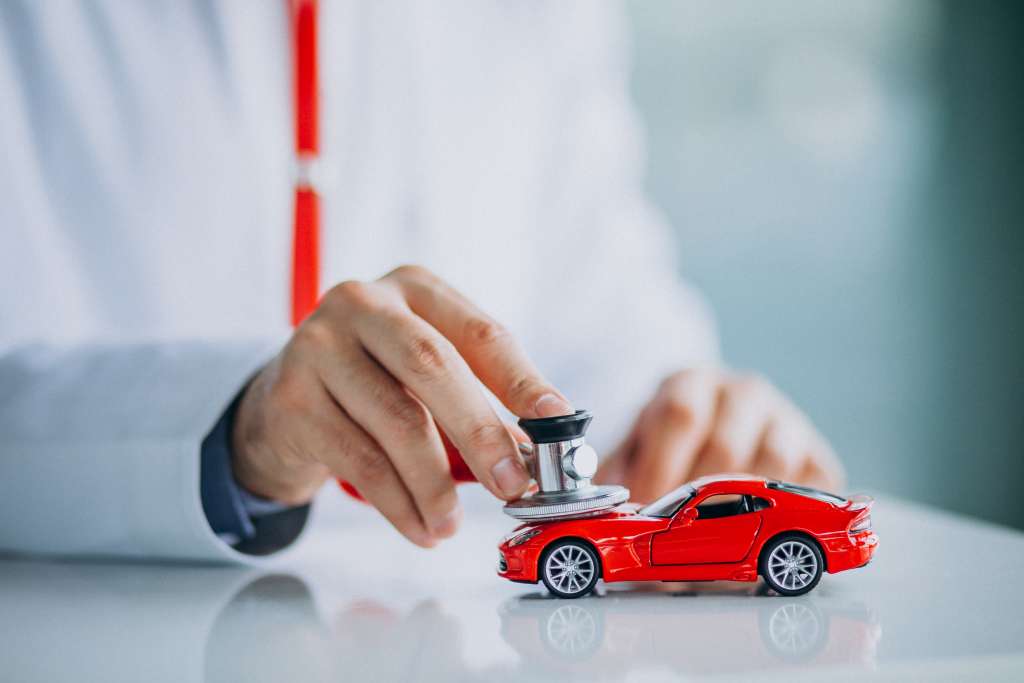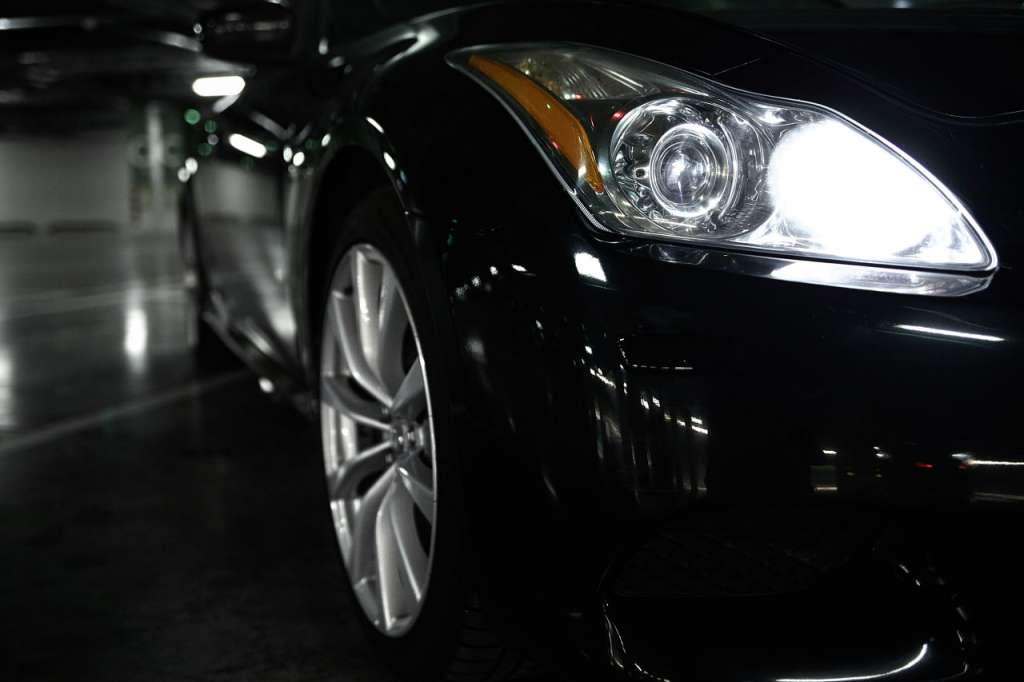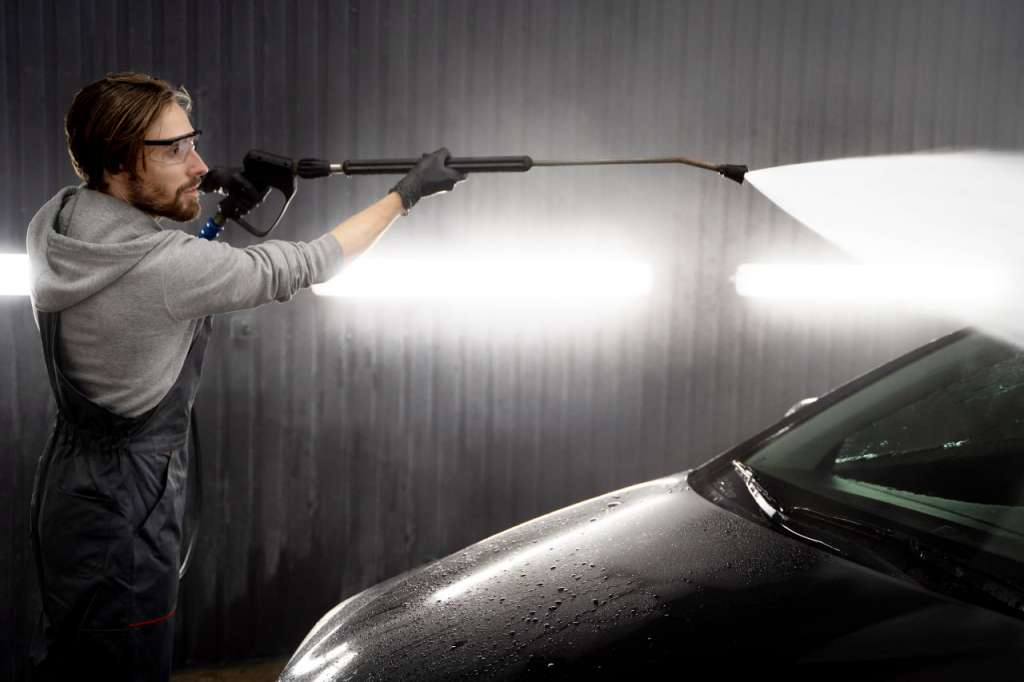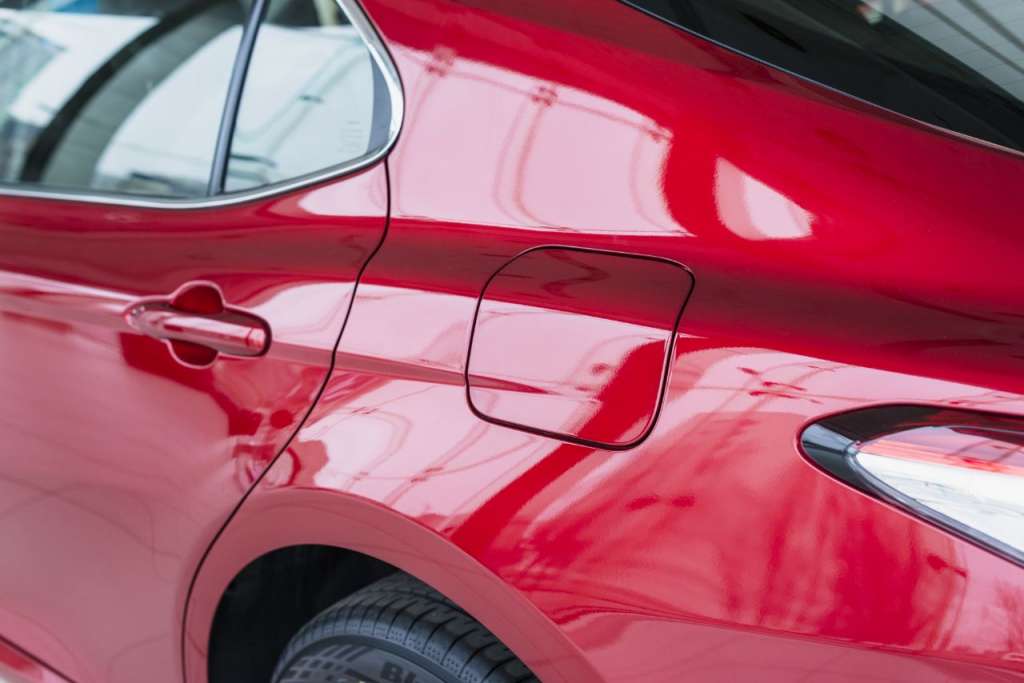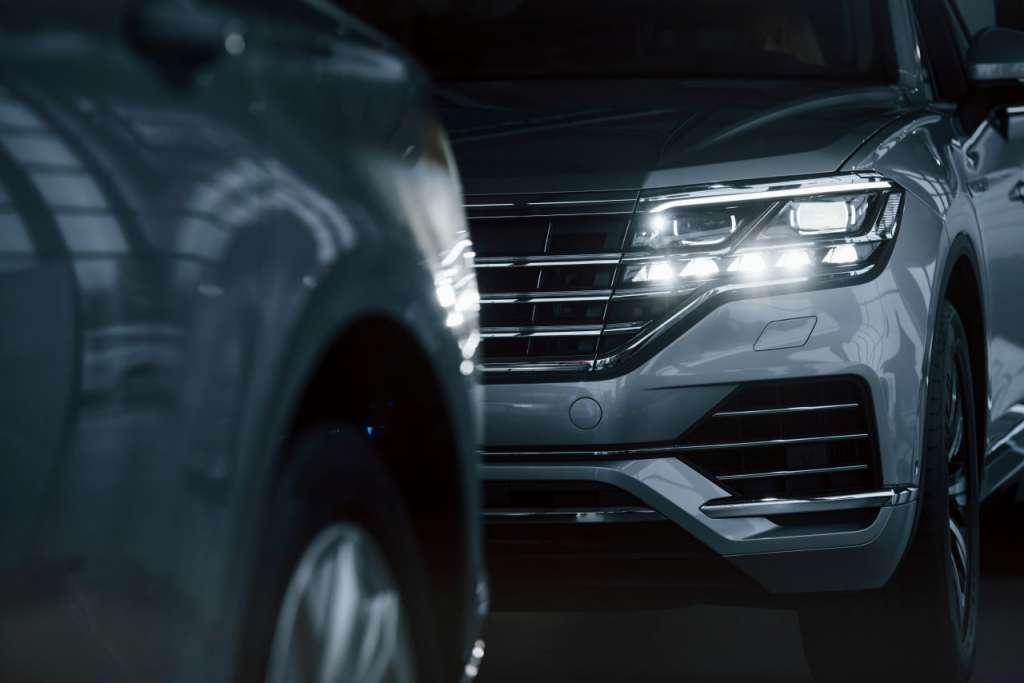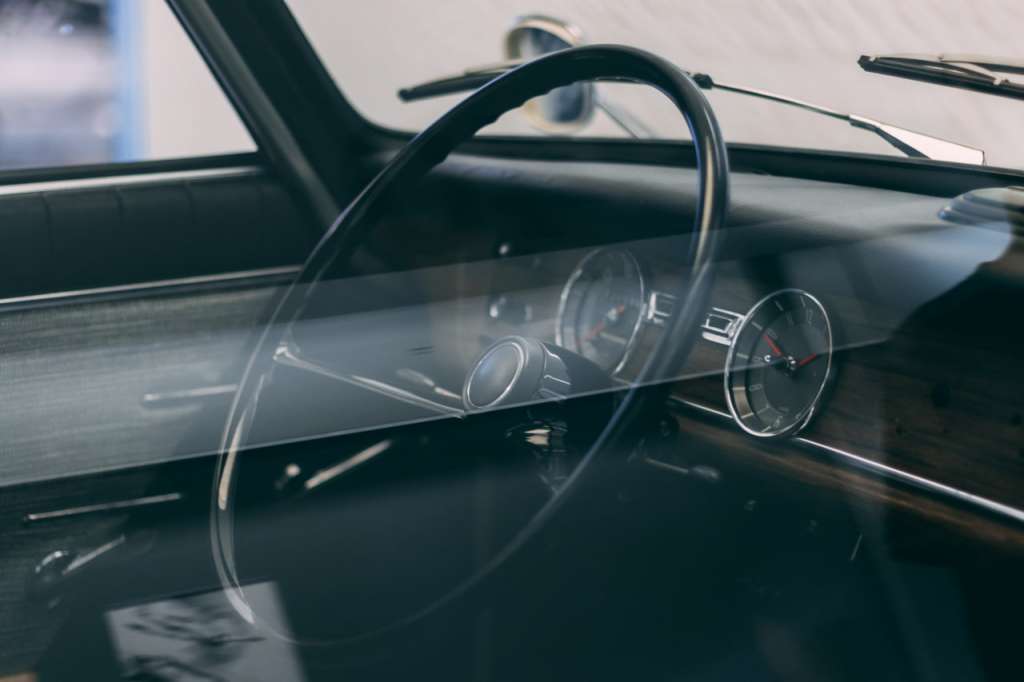Selling a car, like buying one, is a complex and sometimes risky process. Everyone wants to buy cheaply and sell expensively, and various fraudsters are eager to take advantage of these natural desires.
Why Buyers Need the Vehicle Identification Number (VIN)
Potential buyers increasingly request the car's VIN when considering a purchase. This request can be alarming to some sellers, who may refuse to provide or photograph the number. However, there is nothing illegal about this question.
With the VIN, potential buyers can check the vehicle's history and even its technical condition through the following common methods:
-
Through the police database: This information is not always complete, but it is always up-to-date.
-
Through foreign auctions, like American ones: These can provide quite detailed information about a specific car.
-
Through special services like Vincleaning.
The last option is very interesting not only for buyers but also for sellers. It allows for altering the history, removing unpleasant incidents. You can contact managers who, for a small fee, make adjustments. After that, you can confidently provide the car's VIN number when selling.
This opens up opportunities for fraud. Some dishonest services might accept requests to worsen a vehicle's history, for example, by adding a fictitious accident.
Not all platforms that modify car histories will agree to such requests, as reputation is often more important than immediate profit. It is pointless to approach our company with such a request. Moreover, we are happy to help remove unfair data entered by "avengers."
When You Can Give the VIN Number to a Buyer
In principle, if you have not stolen the car, are not trying to hide unwanted repairs after an accident, or the fact that the vehicle is under arrest or pledged, providing this information is necessary and even recommended. Any reasonable buyer will not proceed with the deal without this data.
However, if you know there are "dark spots" in the vehicle's history, you should not volunteer the VIN identifier.
Situations When You Should Not Provide This Information:
-
You see that the person requesting the data is not genuinely interested in buying the car – they don't have the means to do so.
-
The potential buyer is interested in the car just for general information, planning a purchase in the distant future. This often happens when people call or message to simply inquire about the price and, just in case, ask for the VIN number. They say, "Let it be, in case I decide to buy someday." In such situations, it's highly recommended not to give out the car's VIN to strangers. You never know what they might actually need it for. It's better to respond: "When you are ready to buy, we can check the number together at the designated spots on the body."
The main risk in this situation is as follows. Cars from the same batch differ by one or two symbols in their identification number. If someone wants to alter the numbers on a stolen car, they will try to find the VIN of a "clean" car of the same model and color from the same batch. If it somehow ends up in Ukraine and gets registered with the Ukrainian police, it becomes the perfect scenario. Understandably, this is highly unlikely, but it cannot be entirely ruled out.
Also Read:
Should You Include the VIN in Sales Listings?
The situation with listing the VIN in sales advertisements is quite similar to what was mentioned above regarding individual buyers. The VIN does not contain any personal data, so it is safe to include it in listings. Moreover, doing so can solve several practical problems, such as:
-
Reducing the number of "empty" calls: People will see the information they need right in the ad. They can independently check the car's data, and only those genuinely interested in buying will contact you.
-
Increasing trust from potential buyers: Indicating the VIN suggests that the vehicle owner has nothing to hide and the car is "clean" in all respects. The owner essentially invites, "Take it, check it out."
Important: NEVER post photos of your personal or vehicle documents online. This is where criminals are likely to exploit the situation. Instead, manually type out the numbers and symbols.
Here's the breakdown. Criminals, upon obtaining the VIN, can only use it to alter the identification numbers on a stolen vehicle. Changing many numbers is difficult and practically unrealistic, so no one will actually engage in this. The probability of your VIN being used for criminal purposes is less than 0.0001%.
However, with vehicle documents, the situation is much more promising from a criminal's perspective. With a photograph, creating fake documents is not difficult for skilled criminals. These documents can then be used to operate a similar make and color vehicle without fear of being stopped by the police. What's the chance that they will check the identification numbers? Exactly, practically zero. Meanwhile, the actual VIN can differ significantly.
Therefore, sharing your VIN with potential buyers and even including it in ads is permissible. While it does carry some risks, they are so minimal that they are incomparable to the tangible benefits of an "open approach."


